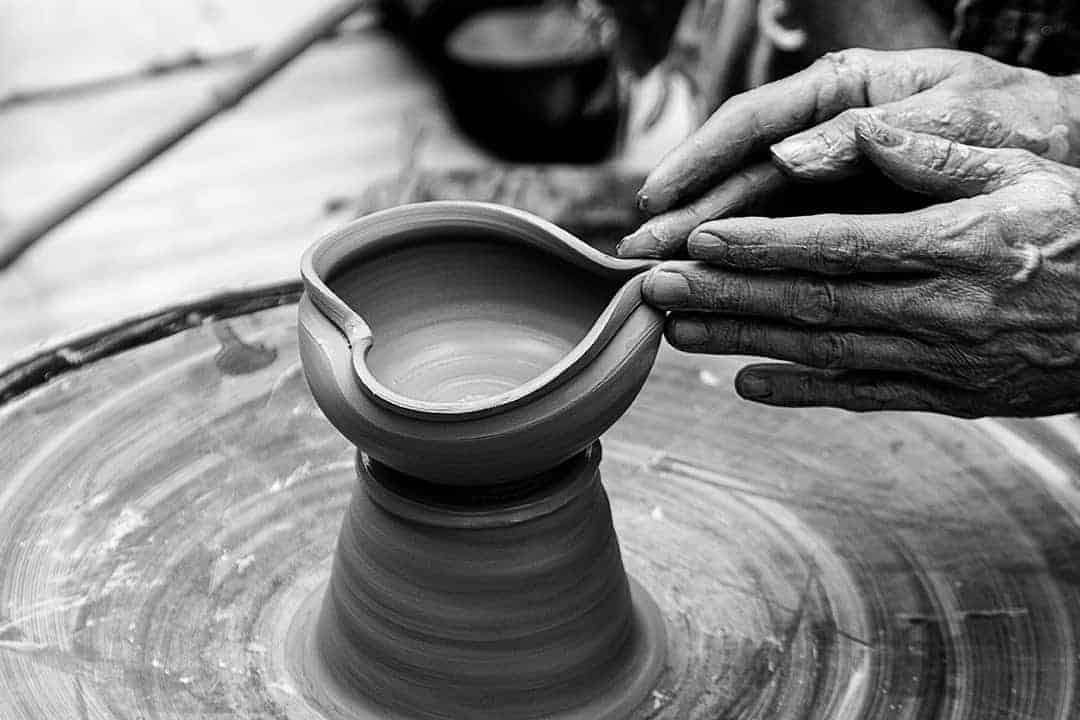As mentioned last week, art therapy can have many benefits and we’ve only just started to tap in and research its therapeutic ways. This can lead to an incorporation of art in its many forms alongside traditional methods to finding help and healing for oneself. You may even think how does Art and Mental Health go together?
Art has long been used as a therapeutic way to relax being practical and using physical objects, such as paintbrushes and paper, which often helps people to feel more connected to the world around them. Recently the popularity of adult colouring books have been promoted as a good way to de-stress and unwind. This can help in reducing sentiments of anxiety by creating a calming environment. Some of the best artists in the world have struggled with their mental health and have used art as a coping mechanism. Vincent van Gogh painted his famous “A Starry Night” after a breakdown where he cut off his ear. This shows that art can be part of a way to effectively manage one’s mental health and we know people have also used art to express the emotions felt when experiencing poor mental health.
Differing from many other psychological therapies, art therapy works as a three-way process between the client, the therapist and the art itself. There is focus on the self rather than the ability to be artistic as art is subjective. More recently there has been growing interest in arts-in-health initiatives where the creative process itself is seen to have therapeutic value in promoting general well-being, including mental health. So it doesn’t matter if you can’t even draw clouds, the process of expressing oneself through artistic means can help to alleviate some mental and physical struggles.
International and UK research has found that many people with mental health problems find art therapies helpful, either on their own or as part of a range of therapies, which may include medication and talking treatments.
Arts therapies are offered in a wide range of settings including:
- hospitals
- private practice
- therapy centres
- residential care
- day centres
A practical example is of art having been used on a mental health ward to foster creativity and improve mental health well-being. In a psychiatric ward in Tooting, London, artwork by famous artists and patients has been used to renovate the hospital. Workshops have been provided for patients to help people draw on their inner, creative resources while exploring personal issues with a trained arts therapist in a safe space in order to achieve psychological change. The aim of artistic projects such as these is to transform cold and clinical looking mental health wards into a stimulating and calm environment to aid mental health improvement. You can read more about it here.
Creativity is everywhere, it is within and around us where it can help us in developing our sense of self, our place within the world and gives us meaning. Therapy can assist us in learning to nurture our creativity, whether it is knitting, baking, writing or poetry and show us the worth and simplicity behind letting go of the constraints of life alongside other treatment options. This process matters on a deeper level whether we recognise it or not as art is more valuable than we know it.
Be sure to share with us your ways of #creativecoping as well as entering our Ramadan competition, can you give us a peace of your mind? Show us how Islam helps you find peace with your mental health struggles and be as creative as possible, using #PeaceofMindIM and uploading our competition image alongside your submission. We look forward to getting a piece of your mind!
We would also like to thank Islamic Design and Fashion Council for collaborating with us this month. Please see our article written for their website during this month’s theme, called Healing through Self-Expression.




